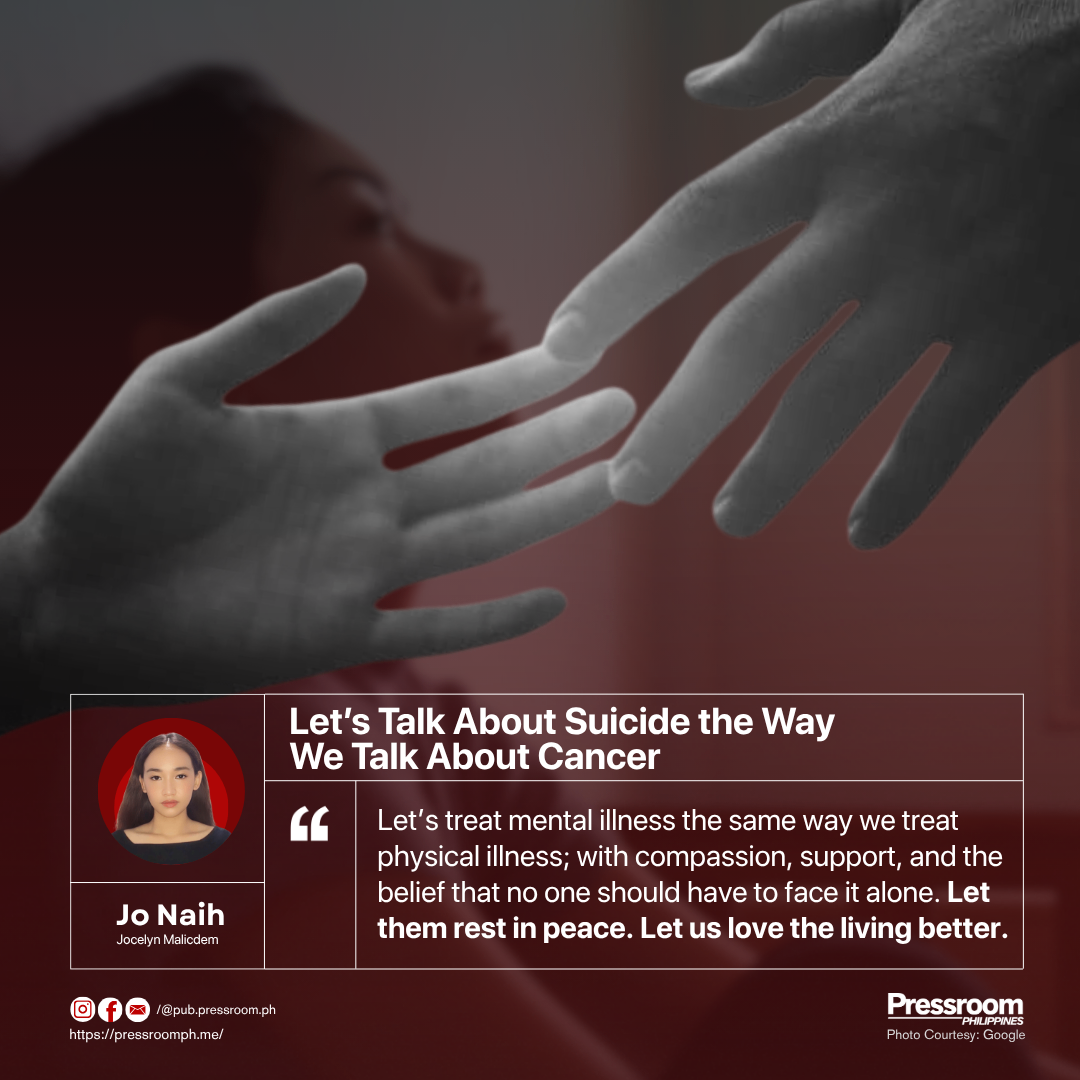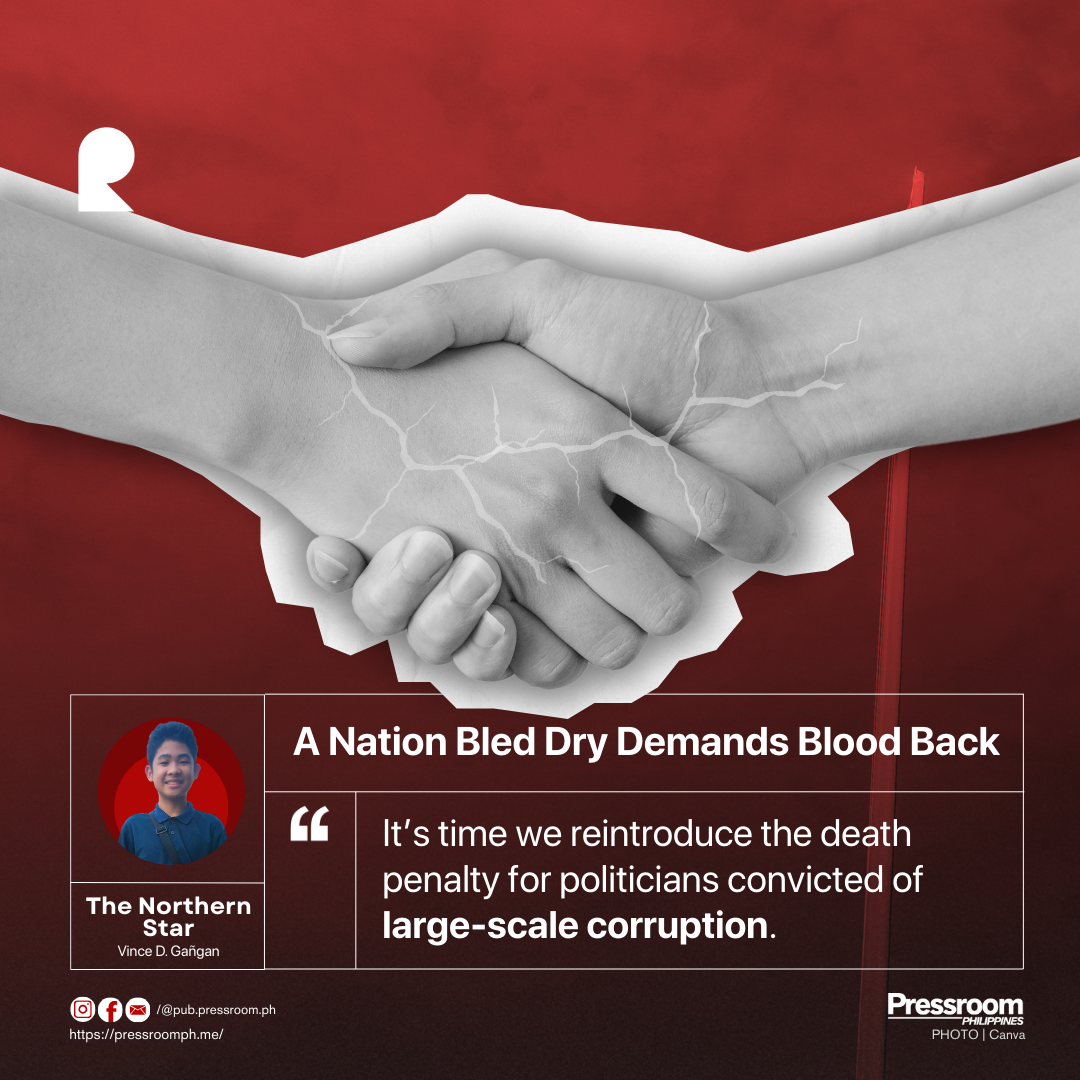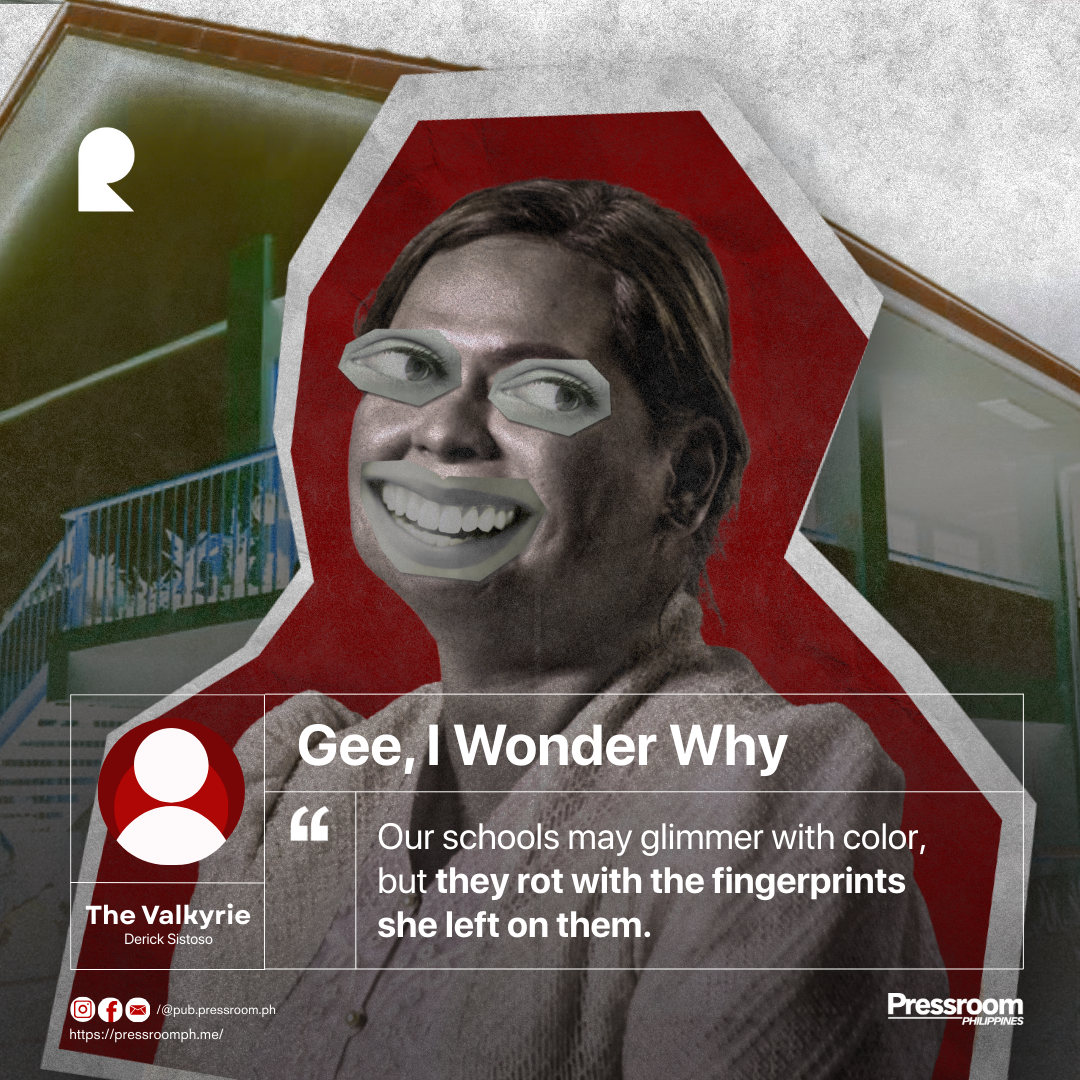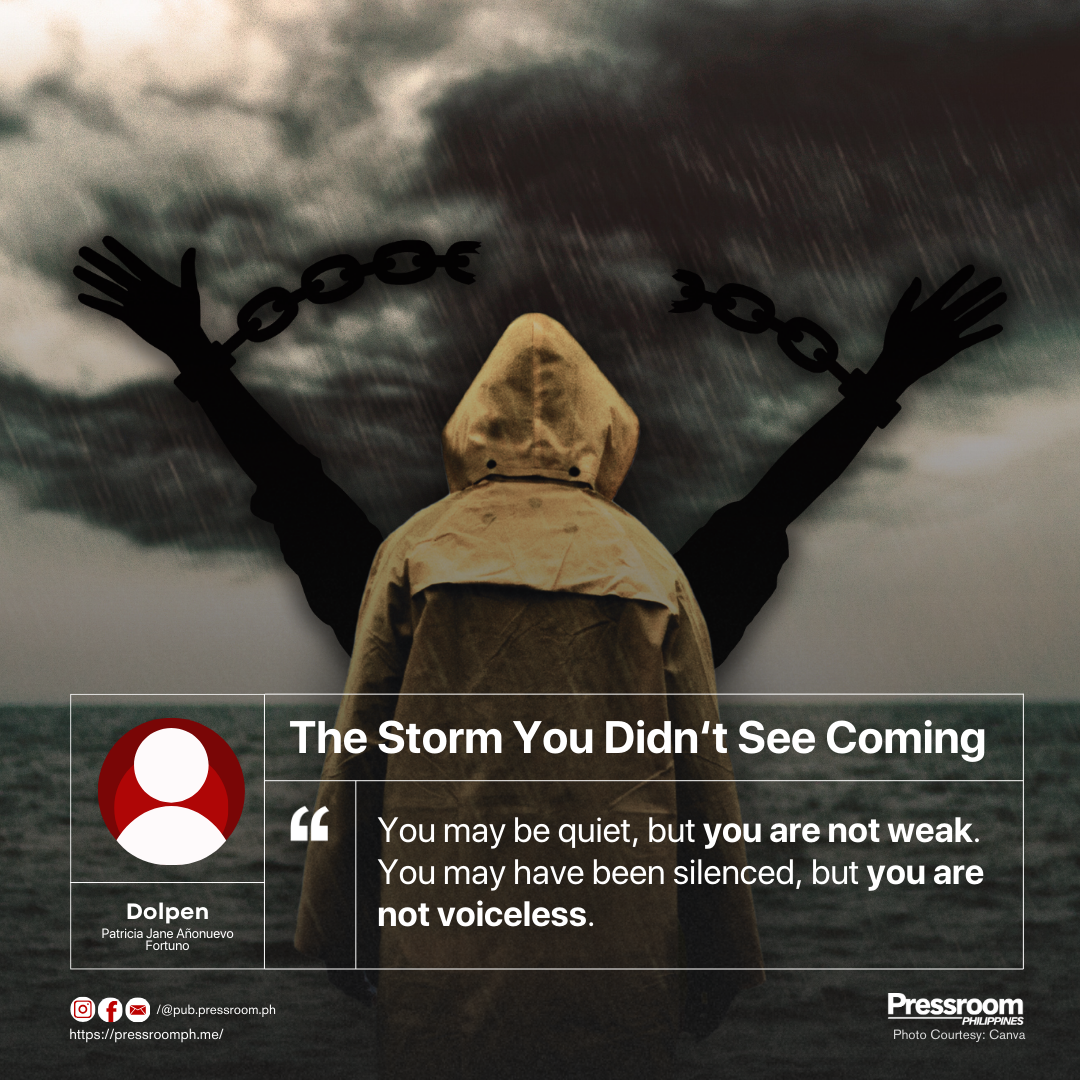via Jocelyn Malicdem, Pressroom Philippines
When someone dies of cancer, we don’t blame them. We don’t say they gave up or that they should’ve tried harder. We say they fought a hard battle. We say their illness took them. We comfort their families. We offer flowers, prayers, and silence.
But when someone dies by suicide, the tone changes.
People start asking, “Why didn’t they just talk to someone?” or “What did they do that for?” Suddenly, the pain they carried becomes a fault, not a symptom. Suddenly, their death feels like a choice, not the result of an illness.
Suicide is often the result of a serious mental illness, like depression, bipolar disorder, or schizophrenia. Just like cancer, these illnesses affect the brain and body in deep, painful ways. They are not a sign of weakness or a lack of willpower. They are real, diagnosable conditions.
So, why do we treat mental illness any differently?
According to the World Health Organization (WHO), more than 720,000 people die due to suicide every year. It is the fourth leading cause of death among people aged 15 to 29 years old. That’s one person every 40 seconds. In the Philippines alone, suicide rates have been increasing. The Department of Health (DOH) reported a rise in suicide cases, especially during and after the pandemic, with many of the victims being young people.
A person who dies by suicide didn’t simply “give up.” They were fighting a battle inside their mind that most of us will never fully understand. They didn’t choose death, they were overwhelmed by the pain. The illness in their brain, just like a disease in the body, became too heavy to carry.
They died because their illness defeated them, it is no different from a person who died from cancer or any illness of the flesh. Their death was not a choice, they were defeated.
So let us be more gentle with our words. Let us be more understanding with our hearts. Let us offer comfort, not judgment, to the families left behind. Because every person who dies this way was once someone trying to survive.
It’s time we stop asking, “Why didn’t they try harder?” And start asking, “How can we make this world safer for people who are struggling?”
Let’s treat mental illness the same way we treat physical illness; with compassion, support, and the belief that no one should have to face it alone.
Let them rest in peace.
Let us love the living better.






